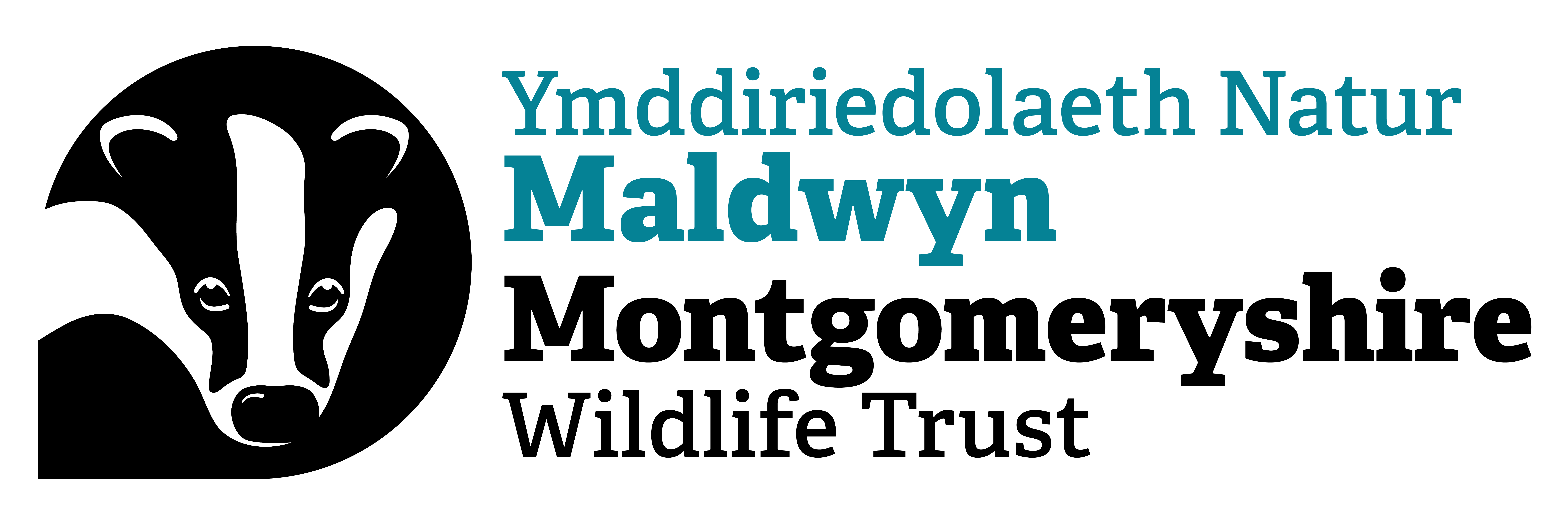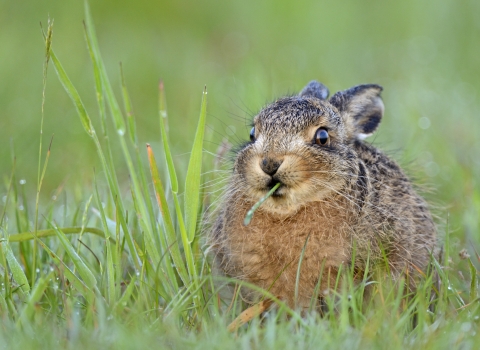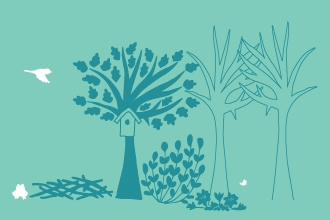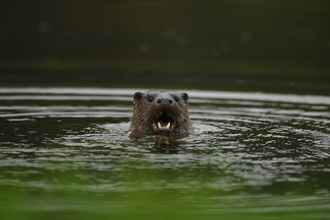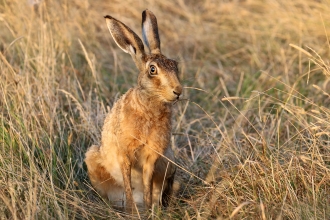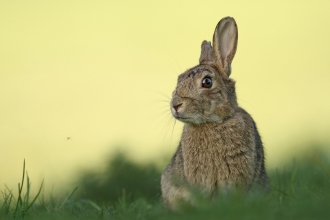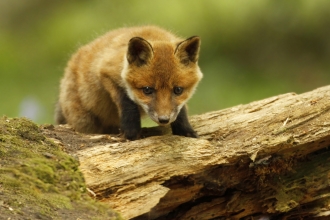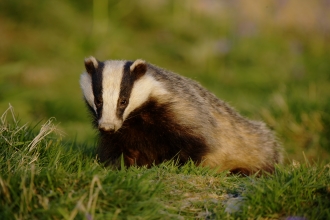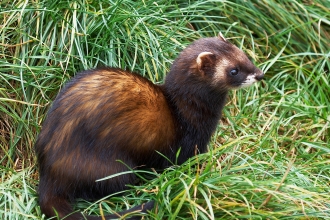Baby mammal found alone
You may come across baby mammals, such as rabbit kits, leverets (young hares) or fox cubs seemingly abandoned. In most cases, it is best to leave them alone. Mammals generally have a good sense of smell and mothers could be too afraid to return to their young, if handled. Young wild animals also always do best with their mothers, so should be kept in the wild, if possible.
If the young mammal is in immediate danger, with a pair of gloves, carefully move it to a safe location, as close to where you found it as possible. You can then check back in 24 hours (at least overnight). Only intervene if you have good reason to believe that the youngster has lost it's mother. The following organisations can be contacted for further advice on what to do next.
See also below further information regarding young foxes and hares.
![Young hare leveret Abrget47j [CC BY-SA 3.0 (https://creativecommons.org/licenses/by-sa/3.0)]](/sites/default/files/styles/spotlight_default/public/2019-05/Young_hare_scared.jpg?h=76d4fe7a&itok=-x3UIIZ9)
Leveret (young hare) Abrget47j [CC BY-SA 3.0]
Leverets (young hares)
Female Brown Hares can rear three or four litters a year, each of two to four young. The young, known as leverets, are born fully furred with their eyes open. Shortly after birth, their mother leaves her young and only returns once every 24 hours to feed them, for a maximum of five minutes! This avoids attracting predators to the young at a stage when they are most vulnerable. They are independant at just four weeks old.
For this reason, leverets should always be left well alone.
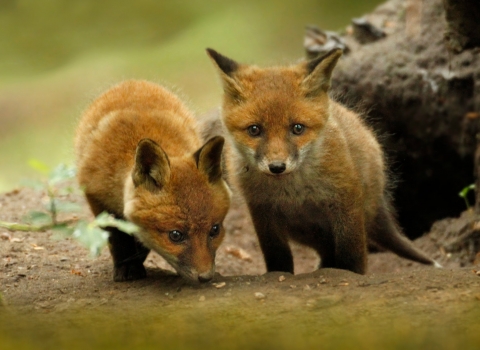
WildNet - Jon Hawkins - Surrey Hills Photography
Fox cubs
From April to May it's common to see month-old cubs developing survival skills above ground during the day. Parents or relatives are usually nearby, watching. Or you may come across cubs waiting for their mother, as vixens move their litter one by one, if they feel the den has been disturbed.
If a fox cub is still there after 24 hours, leave food and water nearby and monitor to see if it's eating and drinking normally. Foxes have no specialised food requirements, but if you have some dog food handy, this is suitable for foxes to eat. It's better for 'orphaned' cubs to be left in the wild and given supplementary food than to be brought into captivity. So if cubs are healthy and feeding normally, then provide food until July.
Take action for mammals in your garden
Find out more about Montgomeryshire's mammals
51 species of mammal have been recorded in Montgomeryshire, including 11 bats. Discover some of these below or click here to search the Species Explorer.
